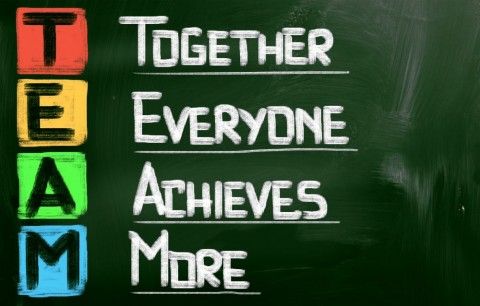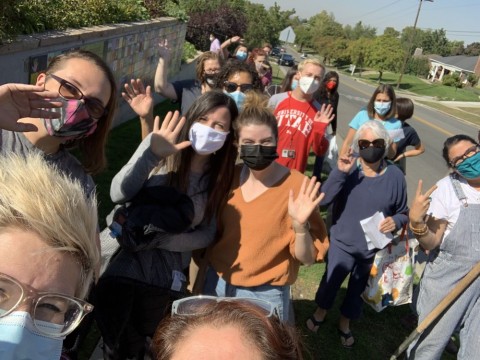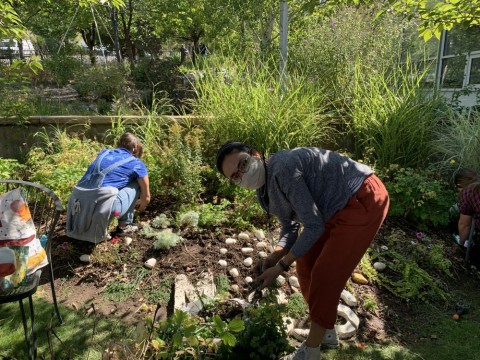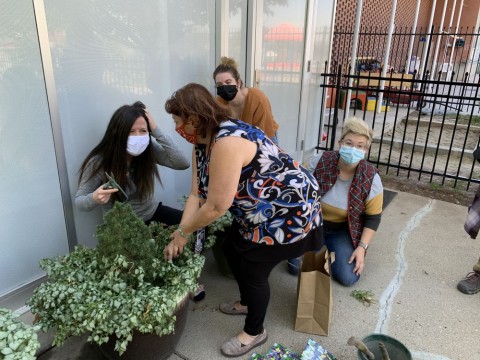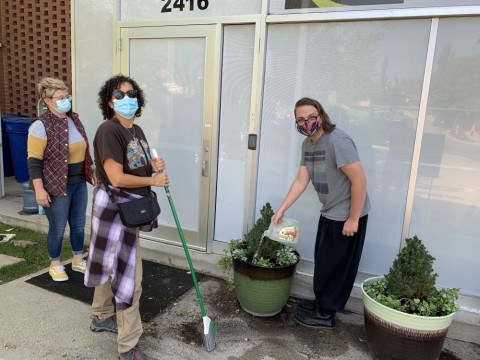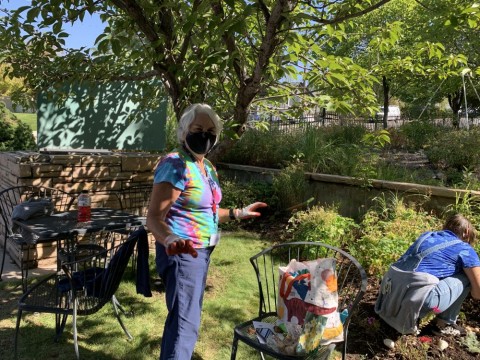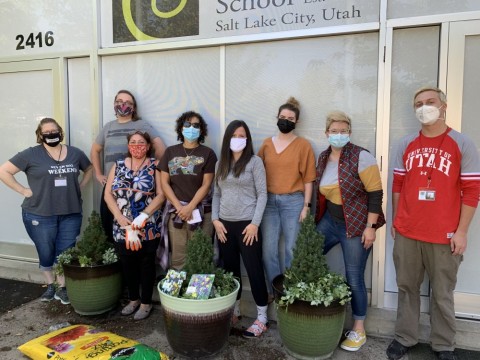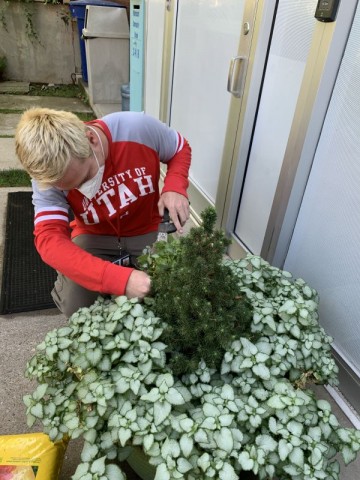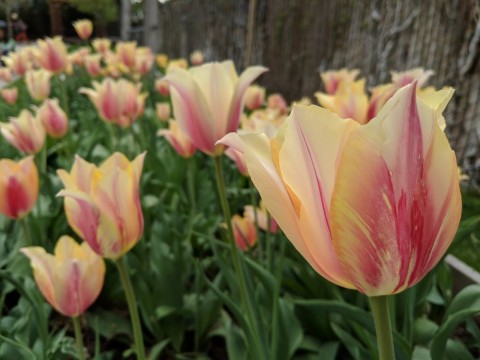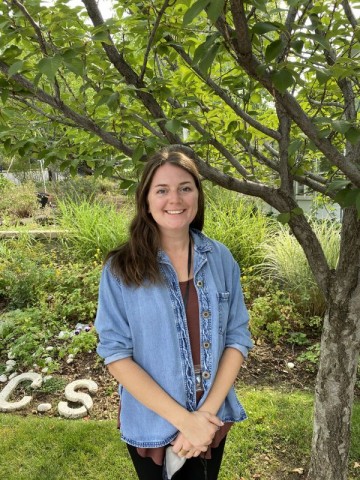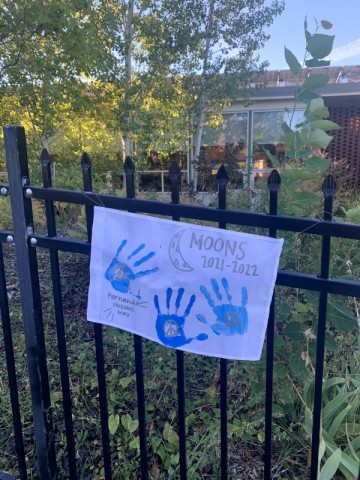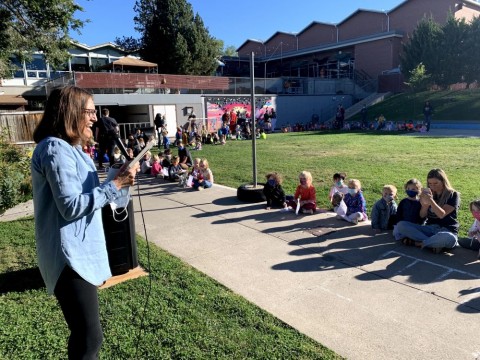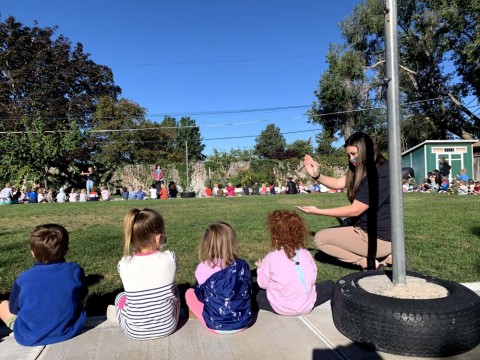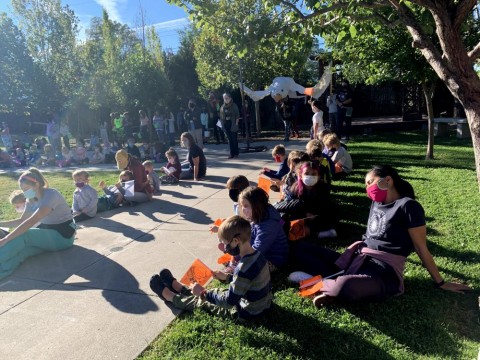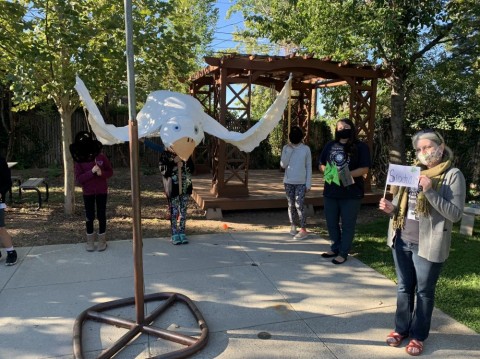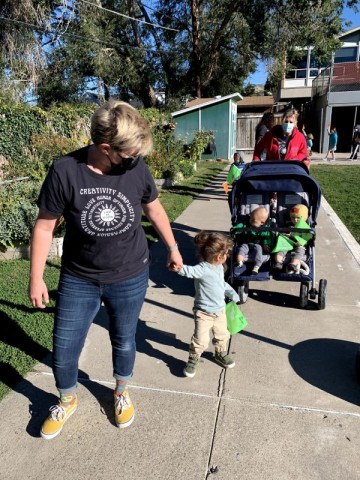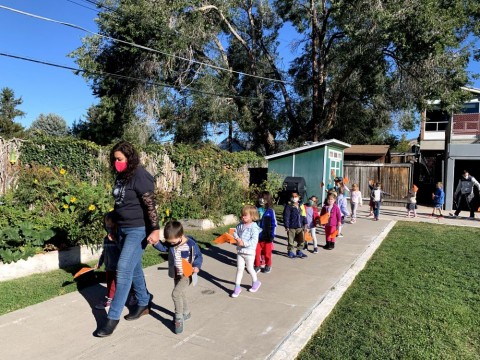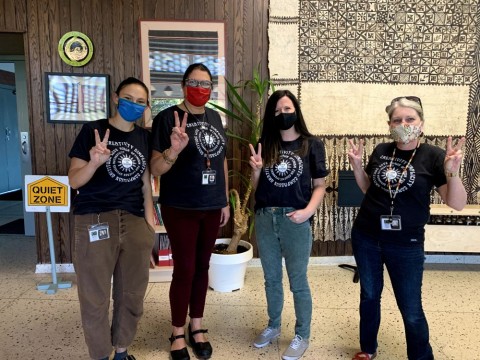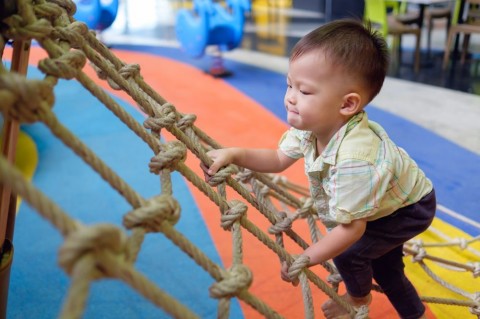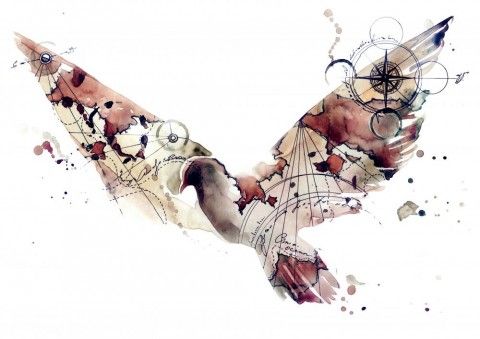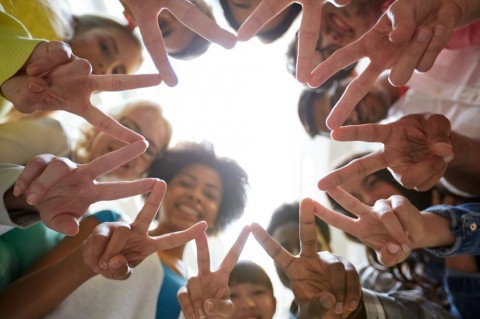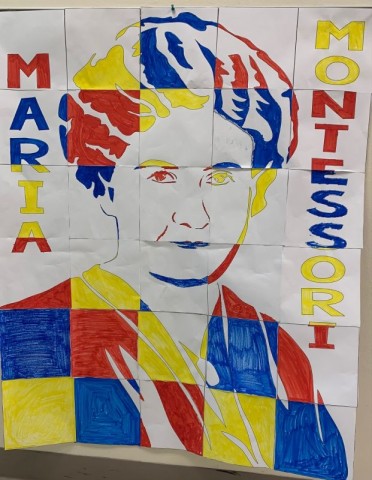Parent Teacher Partnerships
The parent teacher partnership is different from any other professional relationship you enter. You call the electrician to your house. You tell him what you think the problem is. He then uses his expertise and experience to diagnose and fix the problem. He doesn’t need your help (nor does he want you to get shocked in the process). When he is finished you get the bill and he leaves. And everything was as it was before. It is the same for computers or cars or dishwashers.
However, it is not the same for parent teacher partnerships. Your child is not a “problem” to be fixed. You don’t drop off your child then pick him or her up and the “problem” is solved. Your child is a work of art that takes time to bring to creation. Each child is a unique masterpiece. Are you creating a song, a statue, a painting, a novel, or a monument?
The challenge is that few of us know at the beginning what masterpiece will come forth. If the art project is literature does the finished product look like a poem or a novel; a short story or lyrics; a biography or a history or anything in between? A great education gives the student the ability to communicate in that medium. Does an artist paint in oil or watercolor; pastels or charcoal? Do they paint portraits or landscapes, classical or modern?
Your child is that enigma of who they will become. You and the teachers share the journey of discovery. You are not creating the person but revealing what is already there in embryonic form. And with the right soil, water and light, with sun and seasons will blossom into who they are to become.
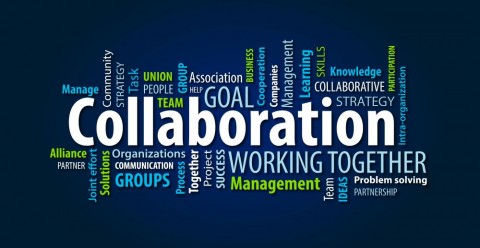
Montessori teachers understand this process and then take their training and their experience and apply it to the mystery at hand. Like every good detective, they seek relevant clues to the unfolding mystery. And that is where the partnership begins. You are a great repository of insight and information about your child. You, too, are going through a discovery process everyday with your child as they reveal their character, their temperament, their likes and passions. The more of who your child is that you share with the teacher, the better the teacher is able to individualize and focus their teaching on the emerging personality.
Montessori education is not primarily about facts and figures even though Montessori children acquire this knowledge in great depth and understanding. Montessori education is about nurturing and educating your child through the prism of their personality. One size does not fit all and Montessori education is tailored to your child’s strengths and gifts.
Embrace the partnership
The more the teacher knows about your family (they spend so much time with your child that they become like aunts and uncles) the better they become at helping your child become the success that they are capable of. To gain the most from your Montessori experience there need to be an ongoing relationship with your child’s teacher. In Montessori you don’t hire teachers – you adopt them. The partnership is one of love and concern that you both share for your child. Embrace the partnership for your child’s sake.
by Edward Fidellow, www.crossmountainmedia.com
